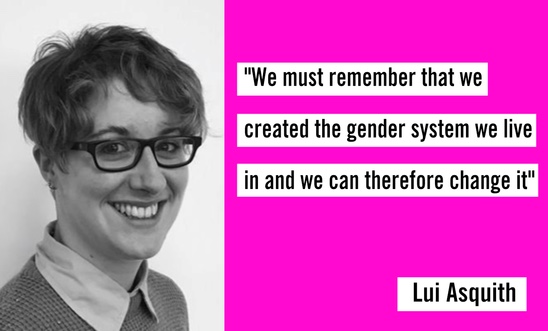
It was three years ago that @LisaLittman1 published her seminal work on adolescent onset gender dysphoria, a new phenomena not previously described in the scientific literature. In honor of her work, @genspect has declared August 16 to be #RogdAwarenessDay 

#RogdAwarenessDay
This one is key, folks: the paper was not "retracted."
The findings of the paper were not refuted, they just changed some of the wording to make it triply clear that these are parental descriptions of what they saw happening with their children.
This one is key, folks: the paper was not "retracted."
The findings of the paper were not refuted, they just changed some of the wording to make it triply clear that these are parental descriptions of what they saw happening with their children.

• • •
Missing some Tweet in this thread? You can try to
force a refresh





![The role of peer influence: Parents [in the study] describe](https://pbs.twimg.com/media/E867C6hVcAMudP0.jpg)








